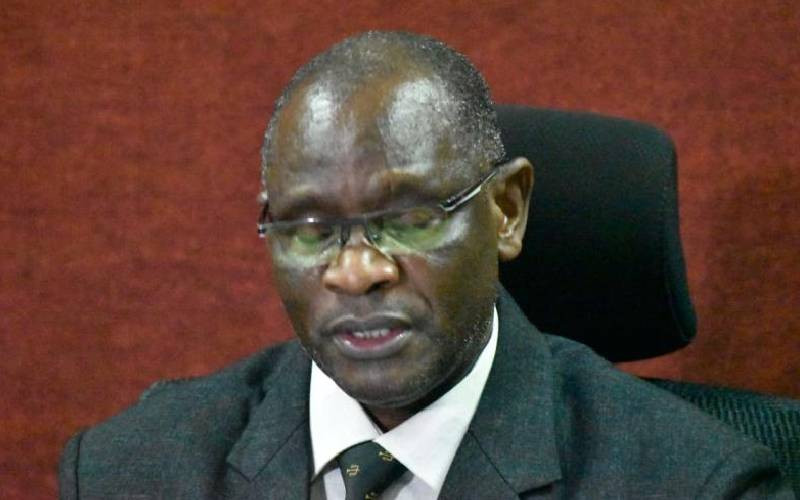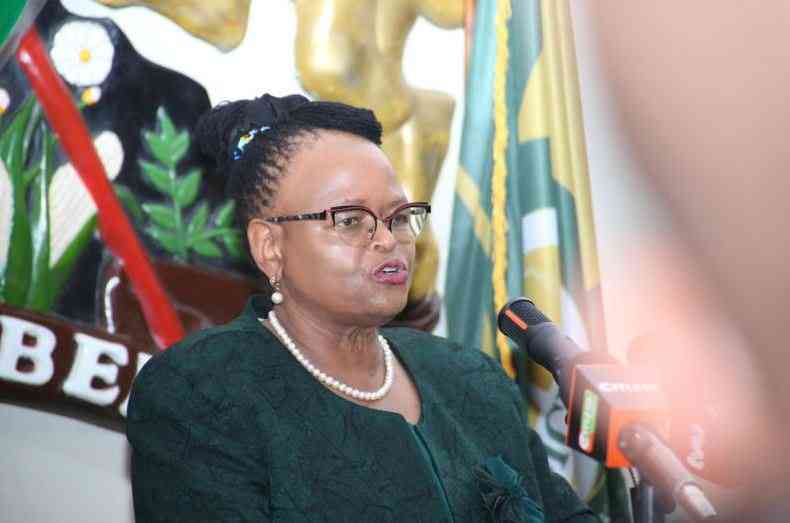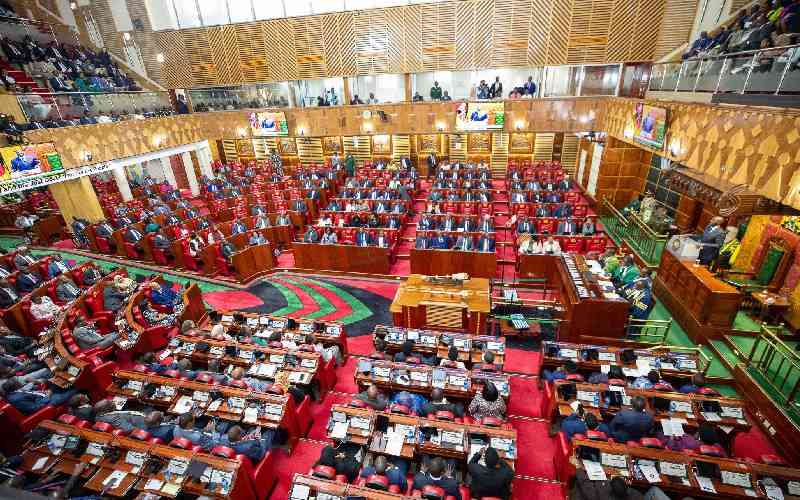The government has suffered a major blow after the High Court ruled that the directive requiring parents to pay school fees through the eCitizen platform is unconstitutional and illegal.
Justice Chacha Mwita on Tuesday declared that President William Ruto’s directive issued in January 2024 violated constitutional provisions due to the lack of adequate public participation and engagement with stakeholders.
In his judgment, Justice Mwita said that the government’s failure to consult with parents, school heads, and other relevant parties before implementing such a significant policy was a breach of the democratic process and public participation requirements under the Constitution.
“The government failed to involve the public in the decision-making process, and this lack of consultation undermines the integrity of the directive,” he said.
“A decision of such magnitude should have been preceded by open dialogue with those who will bear the consequences,” he added.
The judge ruled that the directive was a violation of the constitutional principle that requires the government to consult with the public and stakeholders on significant policies that affect their lives.
Justice Mwita declared that any transaction fee of Sh50 or more charged in connection with school fees payments was unlawful, branding it a “double charge.”
He further issued an order quashing a letter issued by the then Education Principal Secretary Belio Kipsang, on January 31, 2024, which directed national school principals to enforce the payment of school fees via the eCitizen platform.
The court also issued an sweeping injunction barring Cabinet Secretaries John Mbadi (Treasury), William Kabogo (ICT) and Migos Ogamba (Education), from enforcing the eCitizen payment system for school fees.
The judge further prohibited the CSs and their agents from charging any administrative, convenience, or transaction fees, including the Sh50 fee or any other additional charges in relation to the e-payment system.
The decision by the court comes after Dr Magare Gikenyi, a Nakuru-based doctor moved to court challenging the Government’s directive to parents arguing that the same was illegal and unconstitutional, as it lacked public participation and disregarded the principle of transparency in governance.
“The programme was done without any public participation, adding that the convenience fee of Sh50 per transaction was “arrived at capriciously, whimsically and without any iota of public participation,” Dr Gikenyi argued
He further criticized the Sh50 transaction fee, terming it “absurd” and “irrational,” particularly in cases where parents paid small amounts for school services.
Stay informed. Subscribe to our newsletter
“Imagine a parent paying Sh30 for lunch for their child at a public school, and then being forced to pay an additional Sh50 just for the transaction (Total 30+50=80) totaling Sh80. This is a clear example of how Dthe government’s actions have been disconnected from the realities of everyday life for many Kenyans,” Dr Gikenyi said.
Gikenyi, who hails from a rural area, also expressed concerns about how the digital payment system would exclude parents who were used to paying fees through non -monetary means such as trading maize or beans to the school.
“How will parents in rural areas cope with this digital mandate? Many of them still trade in kind and are not familiar with online platforms,” he added.
The petitioner argued that there are no legislation or framework/ statutory guidelines on how the said funds are utilized and send back to the end users.
The government, through the Ministry of Education defended the eCitizen platform saying it was a step forward in ensuring transparency and accountability in school fees collection.
The Cabinet Secretaries for Treasury, ICT, and Education said the initiative was introduced to streamline the payment process, enhance openness, and reduce corruption.
In their submissions to the court, the government claimed that the eCitizen platform was established in accordance with the law and that it would make it easier for parents to pay school fees at any time of day or night, thereby increasing accessibility and reducing the potential for fraud.
However, Justice Mwita was not convinced by these arguments.
He pointed out that the ownership and operational control of the eCitizen platform were unclear, and the government had failed to show any evidence of who exactly controlled the platform or how the funds collected through it would be utilized.
In his ruling, Justice Mwita emphasized the lack of clarity surrounding the eCitizen platform’s operations.
He ruled that there was no evidence to show that the government had full control over the platform or that a public tender had been issued for the development and operation of the system.
“While the government claims control over the eCitizen platform, no documentation has been provided to prove that the platform is fully operated by the government of Kenya,” Justice Mwita ruled.
“The government has not shown that any agreement was made with the private entity managing the platform, nor has it disclosed whether this entity is compensated for its services.”
The judge further questioned the practicality of the initiative, especially considering that no comprehensive plan had been put forward to address the concerns of parents, particularly those in rural areas who do not have access to digital platforms.
“The payment of school fees is not payment for government services. It should be done in a manner that accommodates all families, not just those with easy access to the internet,” Justice Mwita declared.

























